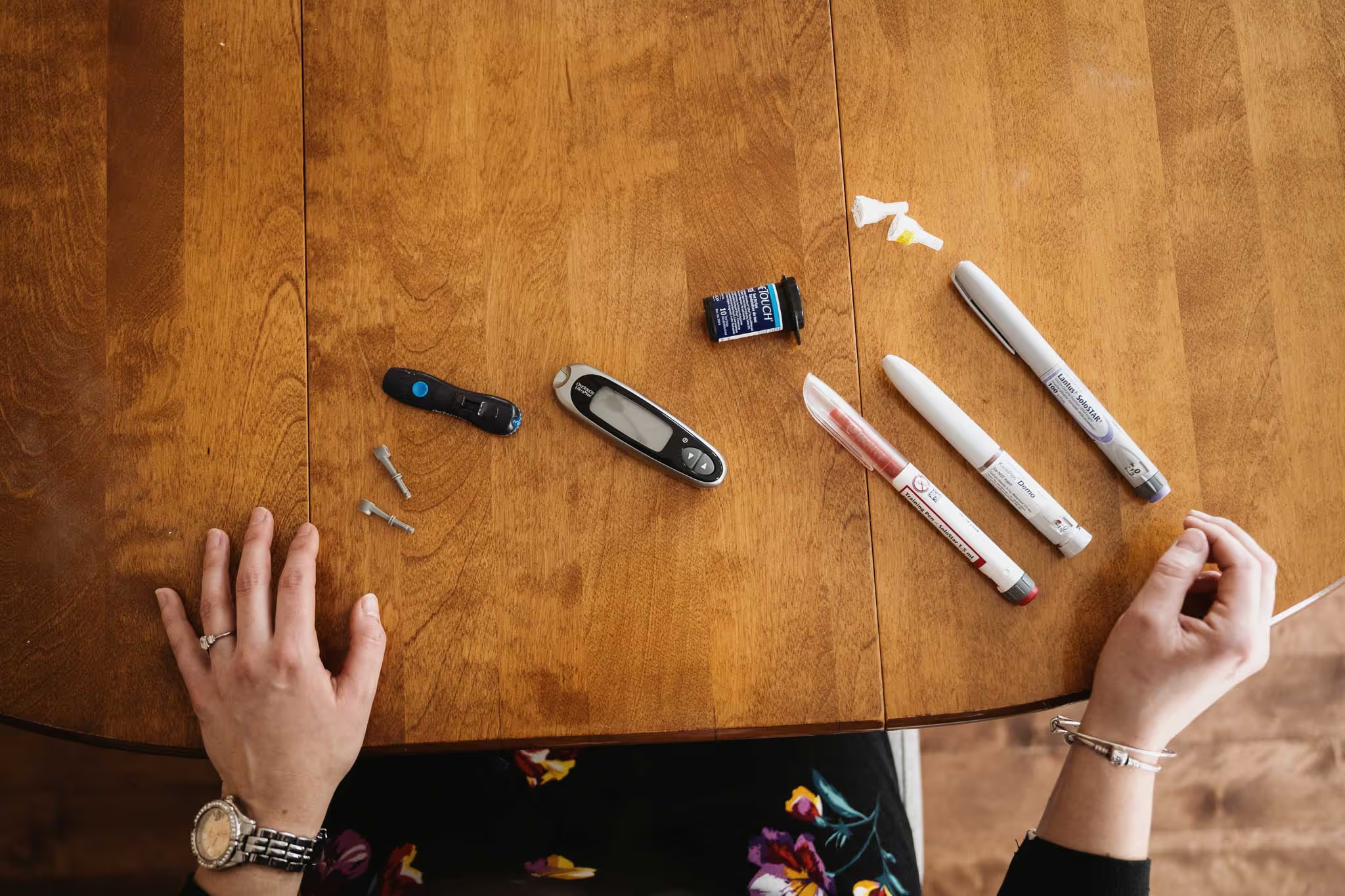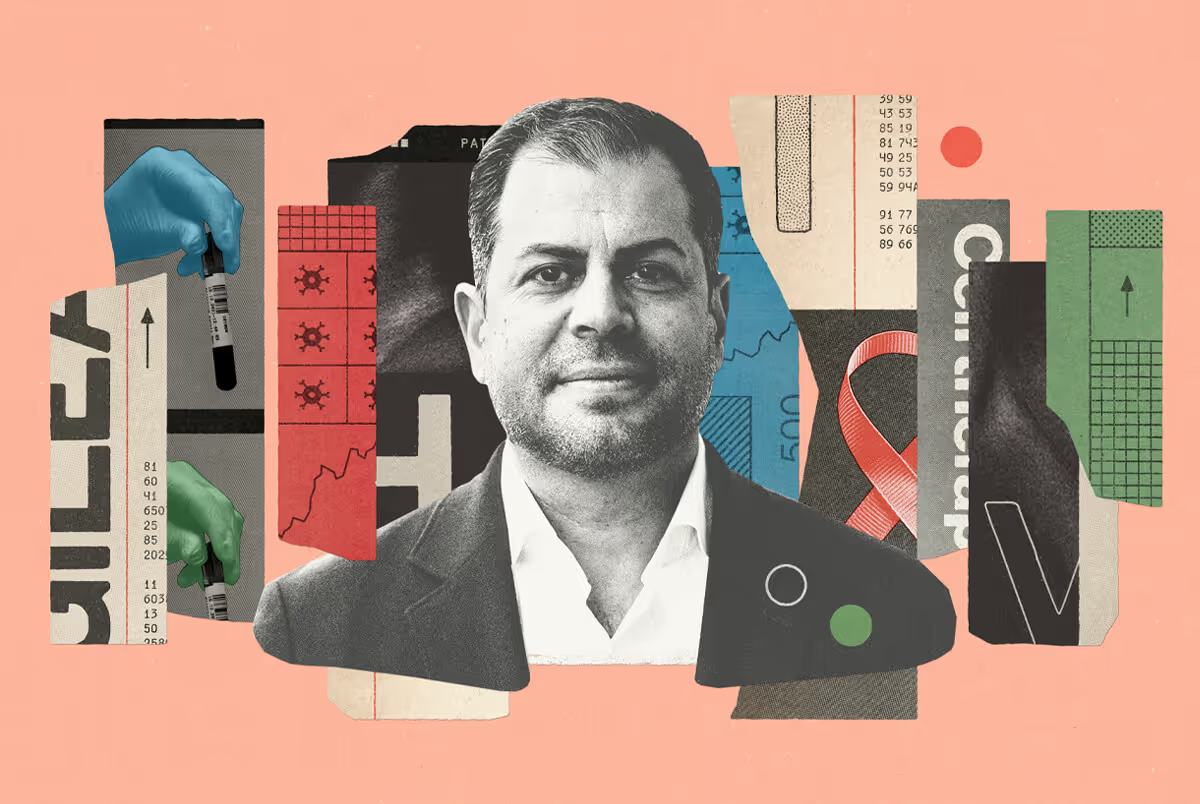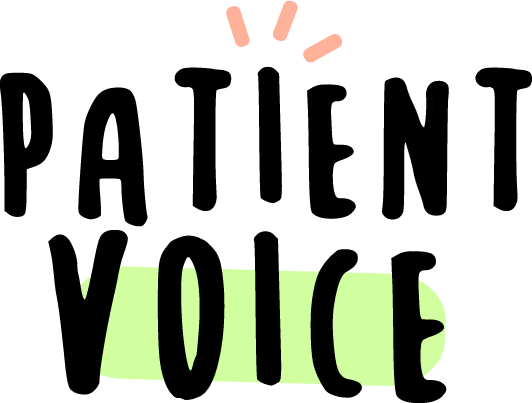
Finding out that you have diabetes can seem overwhelming, especially with all the new things to learn and understand. You likely have questions about what this means for you and how to navigate life moving forward. You’re definitely not alone on this journey. I’m going to walk you through managing diabetes and key things to consider like diet, exercise, and medical and emotional support.
What is diabetes?
There are three main types of diabetes. Depending on the type of diabetes you have, the recommendations for nutrition and medications will differ.
- Type 1 diabetes happens when your body cannot make enough insulin. Insulin is a hormone that you need to utilize the sugar from the foods you eat to make energy. With type 1 diabetes, you need insulin medication to live.
- Type 2 diabetes is when your body does not regulate insulin properly. If you have type 2 diabetes, you may need insulin supplements to control your blood sugars if lifestyle changes alone aren’t sufficient. This is the most common type of diabetes and the focus of this article.
- Gestational diabetes is diabetes that develops during pregnancy. Because of hormone changes during pregnancy, some women are unable to manage their blood sugars. This typically resolves after birth.
Type 2 diabetes is diagnosed through a blood test called glycated hemoglobin A1C (or A1C test). This is a measure of your blood sugars over the past three months. According to Diabetes Canada:
- An A1C value between 6.0 to 6.4% is diagnosed as prediabetes, meaning you’re at risk of developing diabetes
- An A1C value of over 6.5% is considered diabetes
Your doctor may also use a fasting blood sugar test (fasting means no food for at least eight hours) or random blood sugar test (any time of day) to confirm diagnosis. A fasting blood sugar level over 7 mmol/L or a random blood sugar over 11.1 mmol/L can be used in the diagnosis of diabetes.

How do you manage type 2 diabetes?
Diabetes is a chronic disease, meaning it’s lifelong. Managing diabetes by controlling your blood sugar levels helps to minimize complications like heart disease, nerve damage, kidney disease, and problems with your feet or vision.
You can control your blood sugar levels and minimize complications by considering the food you eat, participating in exercise, taking medicine as prescribed, and taking care of your physical and mental health.
Nutrition
The most important way to control your blood sugar through nutrition is by taking a personalized approach. A registered dietitian can help you identify healthier food choices (based on your preferences) so that you can plan well-balanced and nutritious meals. In the meantime, some general recommendations include:
- Eat meals at regularly scheduled times, which helps to prevent low or high blood sugars.
- Learn about a balanced plate to help you manage your portion sizes. This will look different for everyone.
- Foods that contain carbohydrates (like bread, pasta, rice, fruit, and dairy) have the biggest impact on blood sugars. Managing portion sizes and frequency of carbohydrate-dense food helps to control blood sugars.
- Limit refined carbohydrates (such as white bread), starchy vegetables (like potatoes), sweets, baked goods, juice, and pop (unless needed to treat low blood sugar).
- Include high-fibre foods like vegetables (cooked or raw) and whole grains (such as whole grain bread and barley), as these are the most nutritious for you and help to control blood sugar.
- Read food labels to choose foods that are low in fat and salt.

Physical activity
Exercise is important for managing blood sugar levels because your muscles use the sugar in your body for energy, and regular exercise can help your body use insulin more efficiently. Aim to include at least 150 minutes of moderate- to vigorous-intensity aerobic exercise each week (for example, 30 minutes, five days a week) and resistance exercises (like lifting weights) two to three times a week. Speak with your health care provider before starting or changing your physical activity routine.
Medications
With type 2 diabetes, pills or insulin may be prescribed by your doctor to help lower your blood sugar levels when diet and exercise aren’t enough support. Different types of medication have various effects on the body and you may require more than one to help control your blood sugar. It’s important to take medication as recommended by your health care provider.
Check your blood sugars
Your doctor will speak with you about how and when to check your blood sugar levels and your targets. Monitoring your blood sugar levels at home is done with a device called a glucose meter, which uses a small drop of blood, or a continuous glucose monitoring device, which records your blood sugars through a sensor placed under the skin. Your doctor can help determine the most appropriate method and pattern of testing for you.
Mental health
When we’re stressed, our hormones can increase our blood sugar levels. Taking care of your mental health is an important factor in keeping your levels stable. It’s a good idea to work with a mental health provider if you need help coping with stress, as well as for general support for living with diabetes.
Getting into the routine
Diabetes is complicated and impacts many aspects of our lives. It takes practice and knowledge to manage diabetes and to get into the right routine. Finding education, support, and resources can help you navigate living with diabetes successfully. Connect with your health care team or check out resources like Diabetes Canada to help get the tools needed to stay healthy with diabetes.
Emily Campbell (@kidneynutrition), RD, CDE, MScFN, is a registered dietitian, certified diabetes educator, cookbook author, and the founder of kidneynutrition.ca. Emily specializes in renal nutrition, helping those with chronic kidney disease overcome the confusing world of nutrition.







